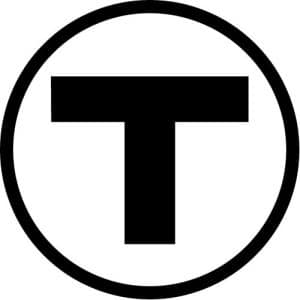The MBTA plans to spend just over $2 billion in fiscal 2017, including $100 million in operating budget money going toward capital projects under a spending plan that received preliminary approval from the MBTA Control Board on Wednesday.
Reliant on funds not yet appropriated by the Legislature, the budget calls for a 4 percent spending increase. It will be sent for review to the MBTA Advisory Board and state law requires a final budget by April 15.
The budget includes $48 million to bring employees off of the debt-financed capital budget and into the operating budget and $13 million in wage increases.
The $43 million in revenue expected from a 9.3 percent fare increase adopted at the last meeting of the Fiscal and Management Control Board will go into a Performance and Reliability Capital Maintenance Fund under the plan.
The budget plan hinges on $187 million being approved in upcoming state budget talks to help close an estimated $80.3 million structural deficit in fiscal 2017, which is down from a $94.7 million structural deficit in fiscal 2016.
Acting CFO Michael Abramo told the control board the structural deficit would need to be closed by the end of fiscal 2017.
Without calculating the budget impact of moving capital employees onto the operating budget, the operating budget expenses are estimated to grow about 1 percent, according to Abramo.
The fiscal 2017 budget picture was brightened by an expected increase in sales tax revenues.
In 2000 the Legislature passed a forward-funding law for the MBTA, which theoretically sent a penny on the sales tax – which now stands at 6.25 cents per dollar purchased – to the T. However, after fiscal 2001 the MBTA’s share of sales tax revenues failed to exceed a base revenue amount, so the T was paid that minimum amount of state dollars.
In fiscal 2017 MBTA budget-writers expect all those pennies on the sales tax to exceed the base revenue amount for the first time since fiscal 2001, meaning more money for the T.
“Our budget is more exposed to the economic cycle,” MBTA Chief Administrator Brian Shortsleeve cautioned the board. He said, “The revenue picture could change on us quickly.”
The projected sales tax revenue for the T totals $1.027 billion, a step up from the $992 million in the fiscal 2017 base tax revenue.
In its effort to eliminate the structural deficit the MBTA plans a review of the $280 million the T pays vendors annually; and evaluation of low-ridership commuter rail and bus routes that could be slated for elimination or outsourcing.
Additionally the T plans to pursue outsourcing of what is now in-house automated fare collection and cash management, and the authority plans increased revenues from parking, which could involve public-private partnerships.
T officials hope to save about $15 million through a retirement incentive targeting administrative positions – as opposed to bus and train operators.
In total, the T expects to reduce payroll by $36 million through retirements and reorganization with about half of those savings expected to be realized in fiscal 2017.
The use of on-demand ride hailing services such as taxis, Lyft and Uber for the door-to-door paratransit service The Ride has a target of a $10 million reduction in expenses.







